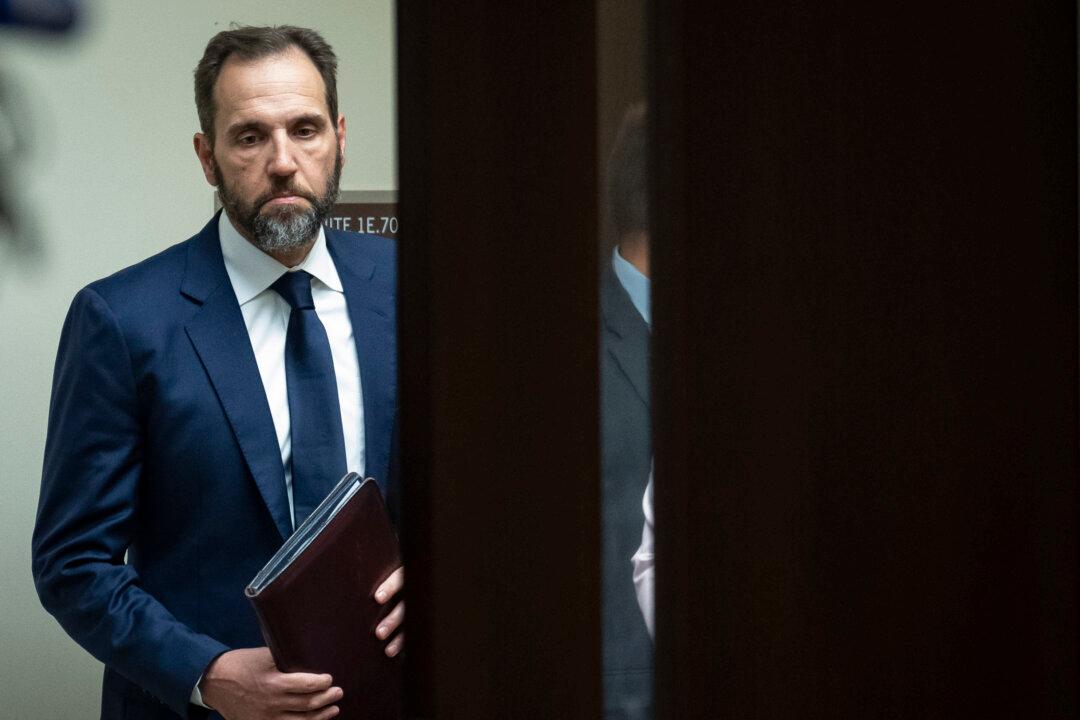Federal District Judge Tanya Chutkan, who is presiding over the election interference case against former President Donald Trump in Washington, revoked an earlier approval of a motion after lawyers representing President Trump said court rules weren’t followed.
On Sept. 5, prosecutors on special counsel Jack Smith’s team asked the judge to allow documents to be filed under seal but allow redacted versions of the documents on the public docket. That is routine in cases that may involve classified or otherwise sensitive information.





